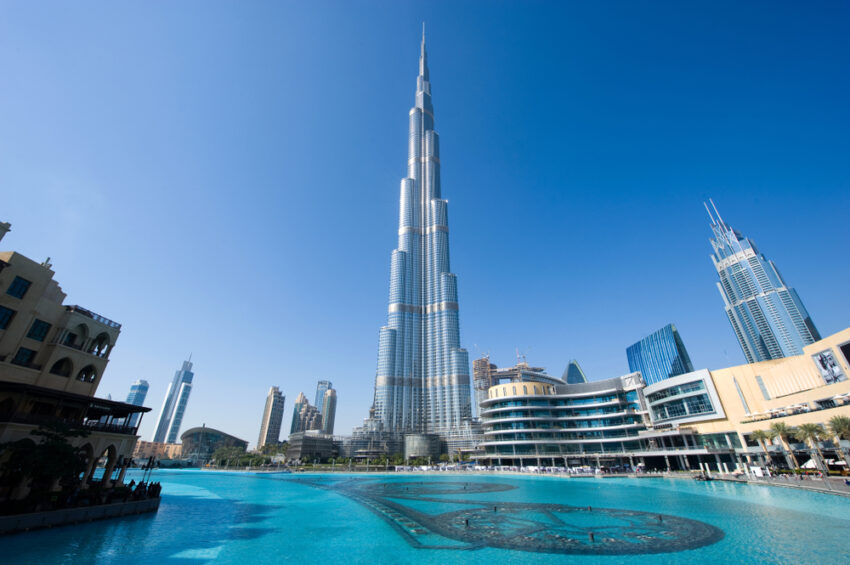The UK, once a magnet for millionaires from the globe’s four corners, is losing its lustre. The past six years indicate a reversal in the wealth migration trend, with the country witnessing an outflux of the affluent and a reduced influx.
Simultaneously, the Middle East, notably Dubai, is emerging as a new hub for high net worth individuals (HNWIs), including young, high-earning Britons.
From 1980 to 2010, the UK consistently lured wealthy individuals from Africa, Asia, former USSR, Europe, and the Middle East. However, this trend started to wane around six years ago, leading to a net outflow of millionaires.
During 2017-2022, the UK lost approximately 12,500 more HNWIs to migration than it gained. It’s projected to lose another 3,200 millionaires in 2023.
In contrast, the UAE, primarily Dubai, is expected to witness a net inflow of about 4,500 millionaires in 2023 – one of the record highs. Before the pandemic, the UAE traditionally saw around 1,000 HNWIs migrating annually.
The majority of incoming millionaires in 2023 are expected to originate from India, with substantial numbers from the UK, Russia, Lebanon, Pakistan, Turkey, Egypt, South Africa, Nigeria, Hong Kong, and China.
In the UK, the aftermath of Brexit is perceived as a significant factor catalysing this “exodus”. The 2016 decision to exit the EU led numerous wealthy entrepreneurs to relocate to Europe in the subsequent five years.
The lion’s share of those migrating to the European Union belongs to the financial and professional services sector, including affluent financiers, hedge fund managers, investment bankers, lawyers, and wealth managers.
A comparison by the leading online property portal, Housearch.com, revealed that the cost of living in Dubai is significantly lower than in London.
Rent, groceries, transportation, and entertainment in Dubai are cheaper by 27.5% and 17.3%, respectively. To rent an apartment and maintain a decent lifestyle in Dubai, an expat needs a minimum of $5,500 a month, while in London, the amount is $7,200.
However, lifestyle considerations, such as customs, traditions, food, and activities, differentiate London and Dubai significantly. One more crucial difference is the climate.
Andrew Horbury, Managing Director of Cavenwell Group, commented on the findings, stating that Dubai’s appeal has increased due to substantial infrastructure and connectivity investments coupled with favourable business and tax rules.
Contrarily, Samuel Mather-Holgate, an adviser at Mather and Murray Financial, warned about the potential downfall of the London market, attributing it to unnecessary rate hikes by [Governor] Andrew Bailey and the MPC.
The impending impact of recent hikes could depress prices by up to 10%. An additional half a per cent increase could potentially lead to prices ending the year a fifth lower than their highs.
This shift in wealth migration patterns poses significant questions about the future economic landscape. As the UK grapples with the after-effects of Brexit and the shifting preferences of the wealthy, only time will tell how these dynamics will reshape the global wealth distribution.


